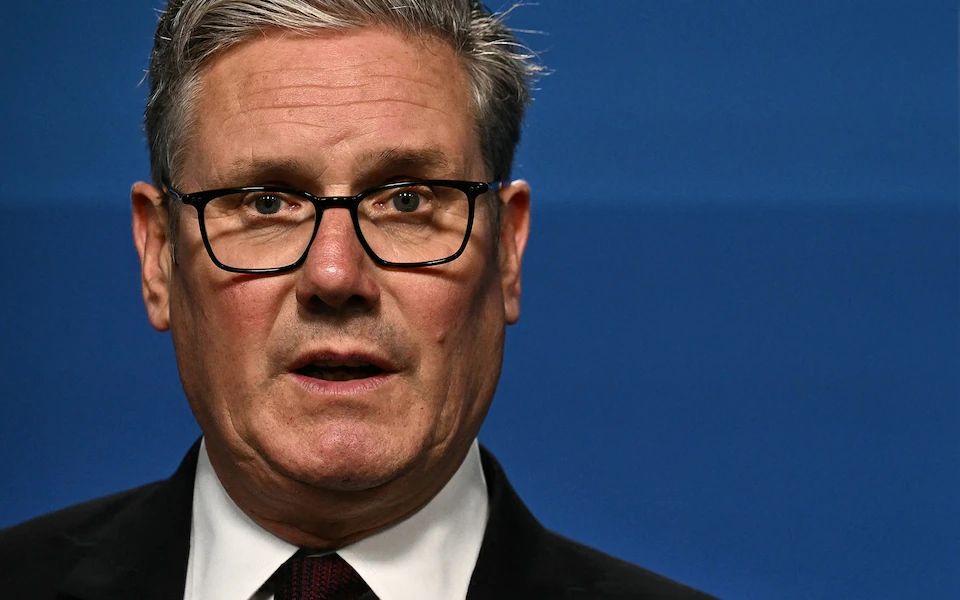Sir Keir Starmer is under growing pressure to abandon plans to align the UK’s carbon trading system with the European Union’s, as MPs warn the move could damage British industry and raise energy costs.
A cross-party group of MPs, including two Labour backbenchers, has written to the government raising concerns about proposals to link the UK’s Emissions Trading Scheme (ETS) with its EU counterpart. The MPs argue that the plan, part of a wider post-Brexit reset with Brussels, could increase costs for UK businesses and hand regulatory control to the EU.
Under the ETS, companies must buy carbon credits to offset their emissions. While the UK and EU previously operated a joint system, they have run separate markets since Brexit. UK carbon credits currently trade at a significant discount to those in the EU, making production cheaper for domestic industries.
The MPs argue that aligning the two schemes would force British companies to pay EU-level prices, raising production costs and risking job losses and factory closures. They also warned that dynamic alignment automatically adopting EU changes to the scheme would turn the UK into a rule-taker with no input in future decisions.
In their letter to EU relations minister Nick Thomas-Symonds, the MPs called on the government to set red lines in negotiations and retain full decision-making power over the UK’s carbon market.
Henry Tufnell, chair of the Commission for Carbon Competitiveness, said a link should only happen once prices between the two markets are comparable. “We support closer cooperation with the EU, but UK industry must be protected,” he said. “Giving control to the EU would limit our ability to respond to changing circumstances and harm our competitiveness.”
The warnings follow a report in The Telegraph suggesting the EU-UK ETS link could increase household energy bills. Gas-fired power stations major contributors to electricity generation would be forced to buy pricier EU carbon credits, with costs likely passed on to consumers. Conservative MP Nick Timothy estimated the changes could add £112 a year to household energy bills.
Despite the criticism, the government defended the proposed link. A spokesperson said the move would create a larger, more efficient carbon market, attract investment in green technologies, and exempt UK firms from EU carbon border taxes on £7 billion worth of exports.
“We are not re-joining the single market,” the spokesperson added. “Any final agreement will preserve the UK’s right to shape the rules and act in our national interest.”



